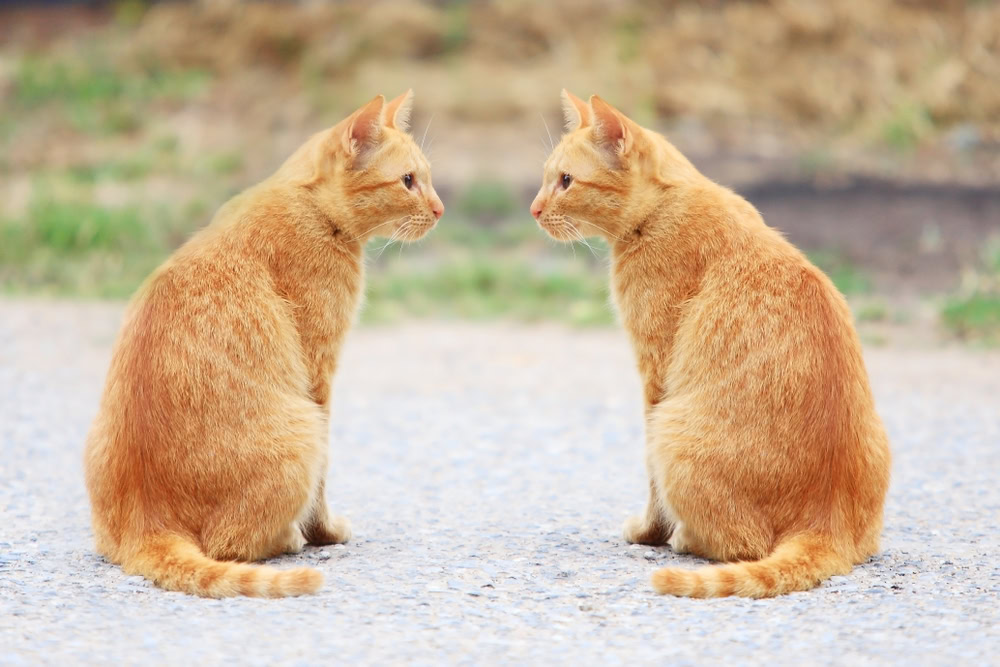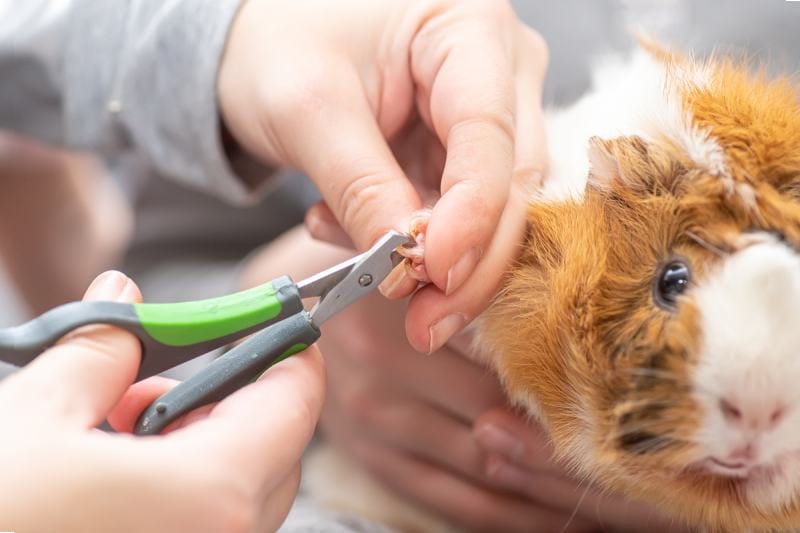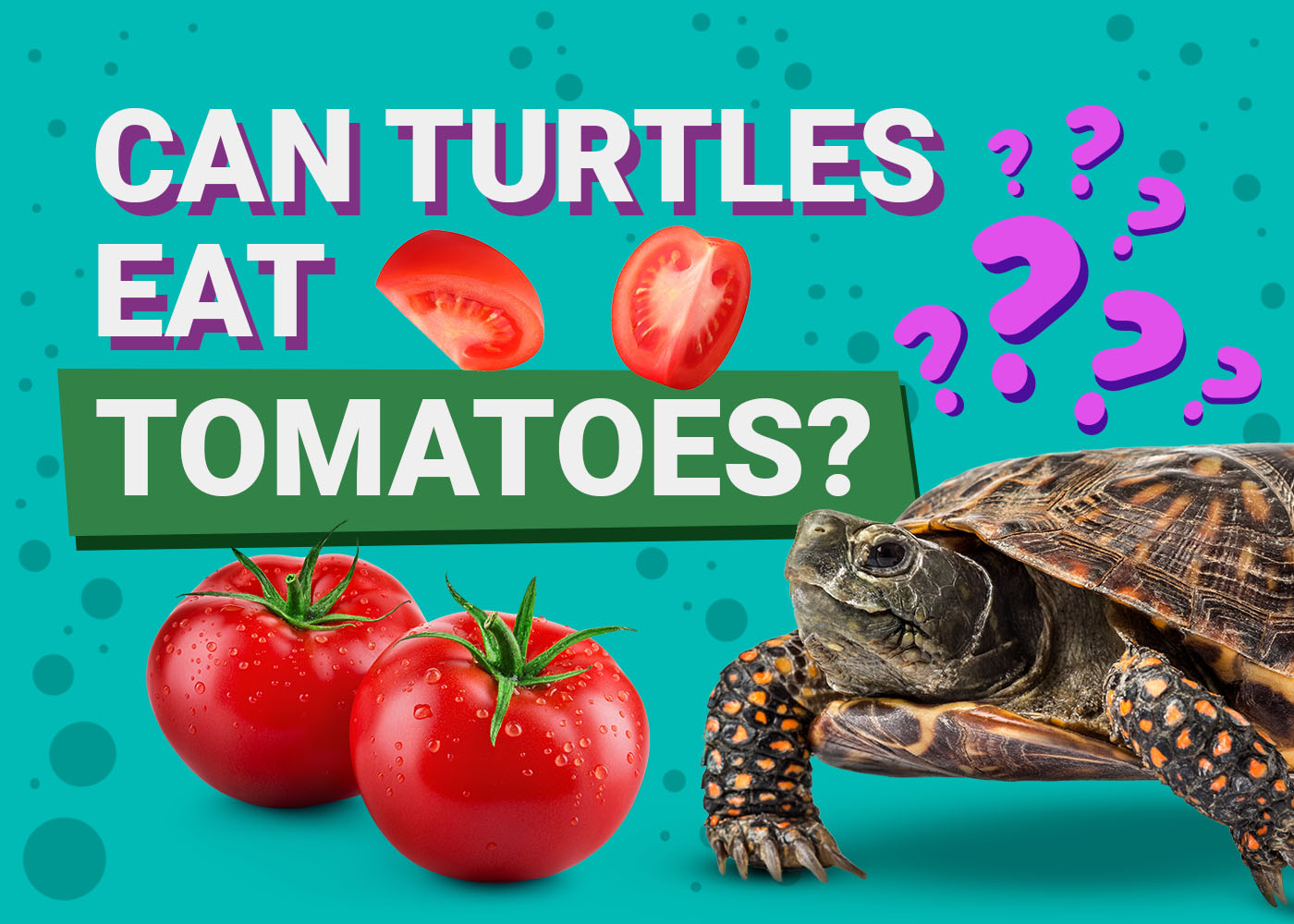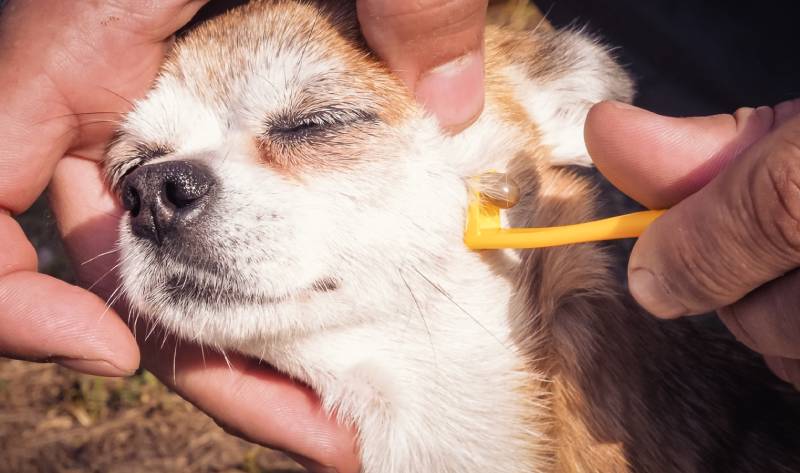VET APPROVED

The information is current and up-to-date in accordance with the latest veterinarian research.
Learn more »Click to Skip Ahead
One of the worst things about sharing our lives with cats is that their lifespans are just a fraction of our own, so in all likelihood, one will have to say a painful goodbye to multiple feline companions in their lifetime. Each cat is unique in their own way, but sometimes we meet one that has something special, something remarkable, something that makes us ask “can I clone my cat?” Believe me, it’s something I’ve often wondered myself.
You may be delighted to learn that it is possible to clone your cat. But before you get too excited about having a lifetime of reproductions of your favorite feline, you’ll want to read about what the process entails, how much it will cost, and why you will probably be disappointed with the result.

What Is Cloning?
DNA, which is like the blueprint from which every cell in the body is made, is coiled into organized units called chromosomes. Chromosomes are inherited in pairs—one each from the mother and father. Cats have 38 chromosomes in total, including 18 pairs and the 2 sex chromosomes (XX for female, XY for male). Each of these chromosomes contain hundreds to thousands of genes which code for particular traits.
Under normal circumstances, each individual offspring is the product of two parents, with half their chromosomes coming from their mother, half from their father. When an individual is cloned, the offspring’s chromosomes are a complete replication of one donor parent’s chromosomes; at a genetic level, they are identical.
Cloning has been explored in the livestock industry as a way of replicating animals with ideal traits such as milk production or meat quality. The cloning of humans, while theoretically possible, is something that laws and ethical regulations do not permit.
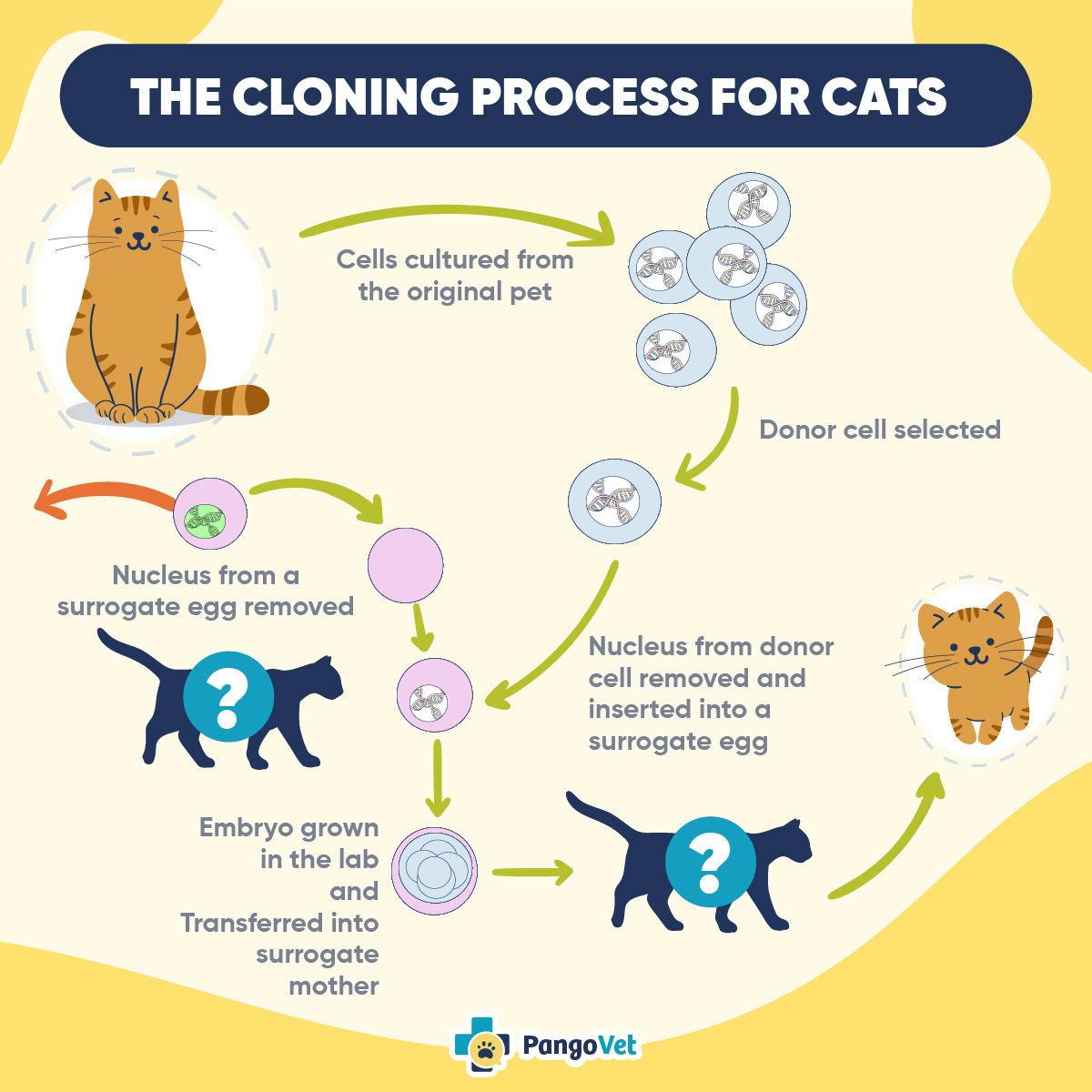
Dolly the Sheep
On July 5, 1996, the first animal cloned from an adult mammal cell was born in The Roslin Institute in Scotland.1 She was a sheep named Dolly. Her genetic material came from the nucleus of a mammary cell of a Finn Dorset sheep, which had transferred in an empty egg cell of a Scottish Blackface sheep, which, once embryonic development was confirmed, was implanted in the uterus of a surrogate mother.
As the first cloned animal, the world was watching to see whether Dolly would survive, thrive, and live a normal life. With a Welsh Mountain sheep named David, Dolly produced six lambs: one the first year, followed by twins, then triplets, proving that a cloned mammal could reproduce normally.
Sadly, Dolly developed early-age arthritis, and at the age of six (approximately half a sheep’s natural lifespan), was euthanized after developing tumors in her lungs. Another cloned sheep named Cedric, died from a similar disease in 2000.
Are Cloned Animals Identical?
On a genetic level, yes, cloned animals are identical. However, environmental influences, including those experienced in the womb, will have an impact on how an individual’s genotype (chromosomal makeup) will be expressed physically (their phenotype). This is most obviously observed in coat colors and patterns.
While genetics will have some influence on determining preferences, tastes, and personality, much of these behavioral traits will come down to life experience. Ultimately, if you are hoping to get an exact, carbon copy of your pet, with all the same physical features and personality, you are likely to be disappointed.
Can Cats Be Cloned?
Since the Dolly breakthrough, other mammals that have been cloned include cattle, deer, horse, mule, rabbit, rat, dog, and cat.2 ‘CC’, also known as Carbon Copy or CopyCat3, was born on December 22nd, 2001, at the Texas A&M University School of Veterinary Medicine and Biomedical Sciences.4 However, as you can see from the images of CC and her genetic donor, Rainbow, cloned does not necessarily equal identical. Although the genes that control coat color and patterns are identical at the chromosomal level, the physical distribution of the pigmentation cells is influenced by external factors in the womb.
Like Dolly the sheep, CC also went on to produce healthy kittens. Unlike Dolly, however, CC lived a full life, and passed away in 2020 after suffering from kidney disease. As the first domestic pet to be successfully cloned, CC paved the way for future pet cloning.

How Are Cats Cloned?
There are just a few companies worldwide that offer pet cloning services for a hefty price. One such company, ViaGen, explains the process which involves taking a tiny tissue sample from your beloved pet, which is prepared and put into cryopreservation. You can then decide if and when to go ahead with cloning at a later date. The sample can come from a recently deceased pet, but live tissue will give the best results.
In order to ensure a successful end result, there are usually multiple copies of the cloned embryo to allow for failed implantation in the surrogate, as well as to screen for genetic abnormalities, which are more likely when technology is used to create an embryo.
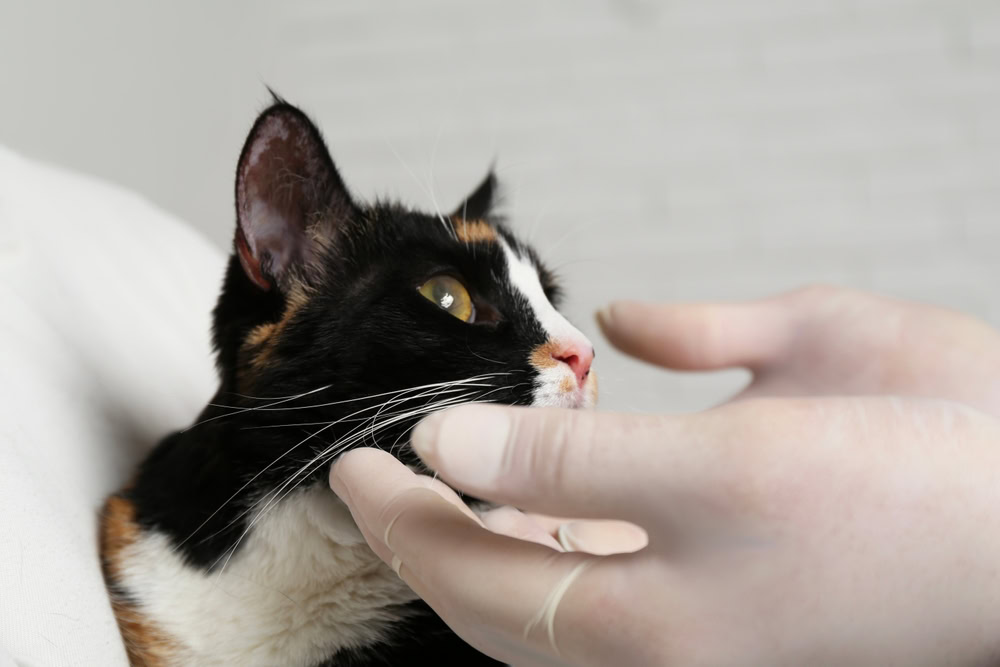
How Much Does It Cost To Clone a Cat?
Don’t be fooled by the relatively low ‘starting price’ of $1600 – this is just to preserve and store your pet’s genetic material. To actually clone your cat will set you back around $50,000; that is one expensive kitty. This means that many people don’t take the next step.
What Happens to the Surrogate Mothers?
There is virtually no information available regarding the cats used as ‘surrogate’ mothers to the cloned kittens. The only information provided on the ViaGen website regarding the surrogate, or recipient, mothers, is that they
“are provided the best of care. A very high quality diet and loving care from trained professionals is a must. The dogs are kept inside a secured and safe facility where they are housed in social groups with toys and daily interaction with people who play with them, pet them and groom them.”
There is no additional information about feline surrogates, but we have requested some more information from the company. At the time of writing, we have not received a response. It does, however, raise ethical concerns regarding the life and welfare of those animals.
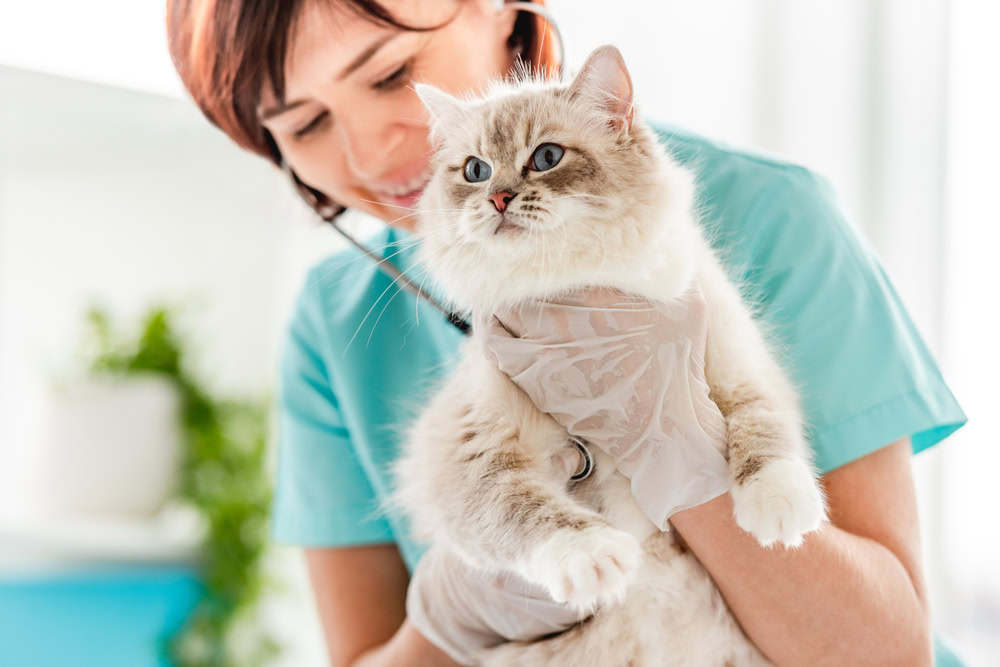
- How are they sourced/selected?
- How many times are they used as surrogates?
- What happens to them when they are no longer useful?
In other ‘donation’ scenarios, such as feline kidney transplants, the ‘donated’ kidney is usually sourced from a shelter cat, with the condition that the owner of the recipient cat also provides a loving home for the donor. Although feline kidney transplants are also quite the ethical gray area, the provision for the donor cat is at least admirable.
Should Cats Be Cloned?
So now that we know we can, we need to decide if we should. This is a question fraught with ethical and emotional landmines, which is why sometimes it helps to take a more objective view.
If the idea of cloning your cat sounds appealing, there are some questions you need to ask yourself, and some pros and cons to consider.
Questions
- Why do I want to clone my cat rather than adopt a new cat?
- What outcome am I expecting from cloning?
- Will I be happy if the cloned cat looks different? Behaves differently?
- How do I feel about the use of surrogate cats to carry my cloned kitten?
- Is it ethically better to clone a cat or rescue one that needs a home?
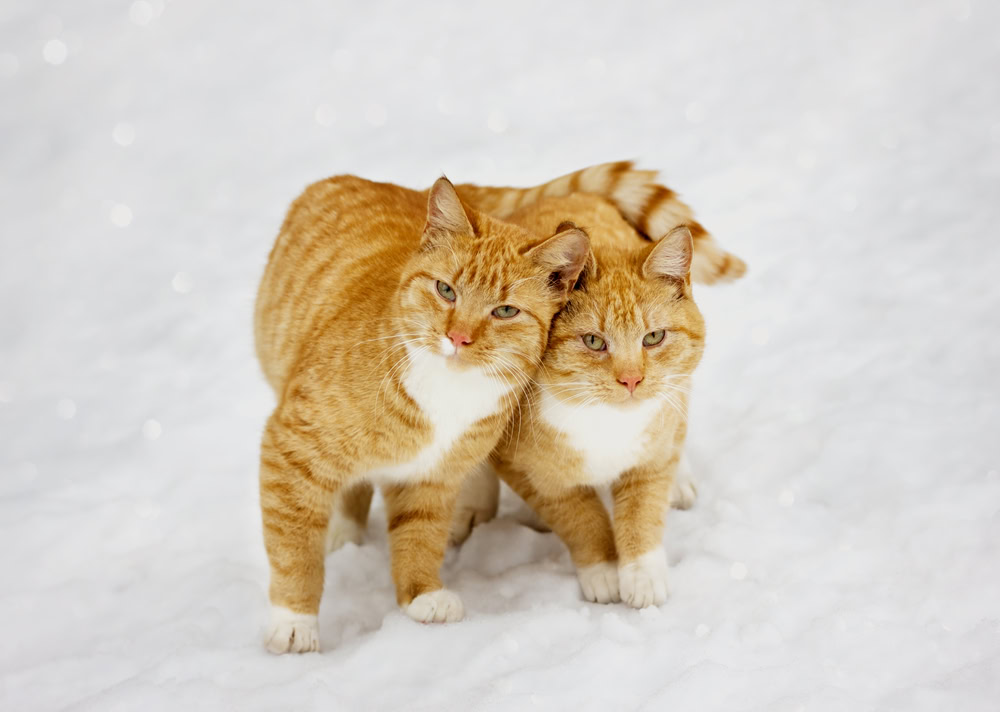
Pros & Cons of Cloning
- You may get an exact copy of your cat
- Not contributing to stray/unwanted cat population by encouraging breeding
- $50,000!
- The clone may look and behave differently to your pet
- Not giving a home to a cat that needs one
- Higher risk of genetic defects
- Potentially harming a surrogate animal in the process
 Final Thoughts
Final Thoughts
The idea of cloning a beloved pet can be a tempting one, and it is one I have idly contemplated more than once. However, with all things considered, I don’t know how I would feel if my cloned cat was only identical on a genetic level, but looked and behaved completely differently. Would it be enough to know that my cat is somehow still with me, or would I be crushed when my expensive clone fails to live up to expectation. It’s an awful lot of pressure to put on a cat!
The decision to clone your cat is one for you alone, but it would be worth thinking about how many cats $50,000 could help save.
Also see:
Featured Image Credit: KITTISAK PHONA, Shutterstock
